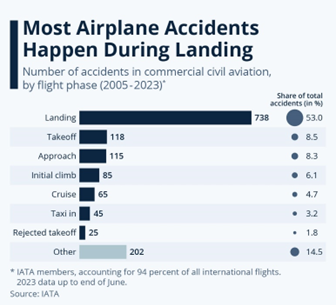TAG: GS 3: ECOLOGY AND ENVIRONMENT
THE CONTEXT: Ahead of the forthcoming U.N. negotiations in Toronto, Canada, involving 192 countries aimed at addressing global plastic pollution, India’s position on single-use plastics stands out.
EXPLANATION:
- While many countries advocate for outright bans on problematic plastics, India favors a regulatory approach.
- According to analysis by the Centre for Science and Environment (CSE), India has opted to regulate rather than eliminate the production, sale, import, and export of problematic and avoidable plastic goods.
Background: Plastic Waste Management Amendment Rules (2021)
- In 2022, India implemented the Plastic Waste Management Amendment Rules (2021), which banned 19 categories of single-use plastics.
- These items encompass disposable plastic goods intended for single-use, such as plastic cups, spoons, earbuds, and packaging materials.
- However, notable exclusions from the ban include plastic bottles (including those less than 200ml) and multi-layered packaging boxes like those used in milk cartons.
- Despite the ban, enforcement varies across the country, with some outlets continuing to distribute prohibited items.
- The rationale behind the selective ban derives from an expert committee’s assessment of the utility and environmental impact of different plastic goods.
Global Efforts and Differing Perspectives
- The U.N. negotiations aim to implement both global and national measures to address plastic pollution, including removing problematic plastics from the market, reducing production through alternative practices or substitutes, and redesigning items for sustainable and safe product design.
- However, countries’ positions vary based on factors such as their economic reliance on plastic production, recycling capabilities, and waste management infrastructure.
- The European Union proposes stringent restrictions on the production and sale of certain plastic categories, aligning with a more prohibitive stance.
- In contrast, the United States shares India’s perspective, advocating for each country to devise its own list of problematic and avoidable plastics.
Challenges in Achieving Consensus
- Despite efforts to combat plastic pollution, the negotiation process faces significant challenges.
- The CSE highlights that many oil, gas, and plastic-producing nations resist reducing primary/virgin plastic production.
- Instead, they prioritize managing plastic waste over controlling production, reflecting a divergence in priorities.
- Economic interests often influence member states’ positions, potentially weakening the provisions of the treaty.
Global Impact of Plastic Production
- Plastic production has surged in recent decades, doubling over the past 20 years.
- The United Nations attributes 99% of plastic production to polymers derived from non-renewable hydrocarbons, primarily crude oil and natural gas.
- This production cycle contributes significantly to greenhouse gas emissions, with plastic production alone responsible for 90% of these emissions.
Steps taken by the Government:
- Plastic Waste Management Amendment Rules, 2022: It prohibits the manufacture, import, stocking, distribution, sale and use of several single-use plastic items as of July 1, 2022. It has also mandated Extended Producer Responsibility (EPR) that incorporates circularity by making manufacturers of products responsible for collecting and processing their products upon the end of the products’ lifetime.
- Project REPLAN: Project REPLAN which stands for REducing PLastic in Nature has been launched by Khadi and Village Industries Commission (KVIC) aims to reduce consumption of plastic bags by providing a more sustainable alternative.
- Ban on single-use plastics: India has banned the production, use, and sale of single-use plastics such as bags, cups, plates, cutlery, and straws in many states.
- National Dashboard on Elimination of Single Use Plastic and Plastic Waste Management: India launched a nationwide awareness campaign on Single Use Plastics on World Environment Day in June 2022. A mobile app for Single Use Plastics Grievance Redressal was also launched to empower citizens to check sale/usage/manufacturing of SUP in their area and tackle the plastic menace.


